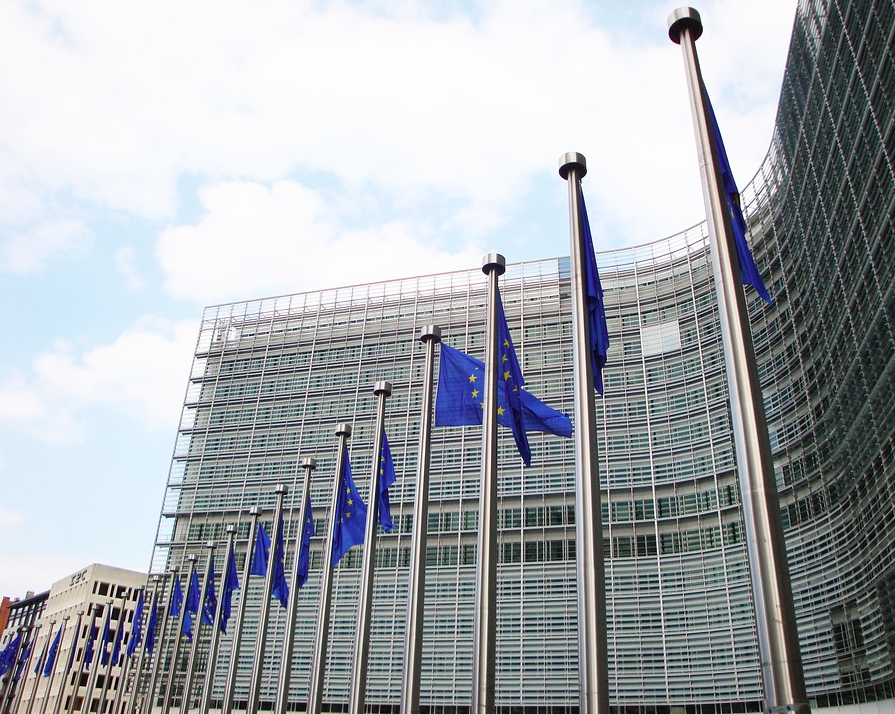The frugal four are causing trouble again, as the European Commission tries to agree on a deal to revive the economies of Europe after the coronavirus crisis.
In Brussels, Austria, Denmark, Sweden and the Netherlands are known as the frugal four, as these countries are, shall we say, quite economical with their money. The European Commission has proposed a recovery fund of €750 billion to help European countries recover after the past months of the coronavirus crisis.
According to an open letter published in the Financial Times, penned by Swedish Prime Minister Löfven, and cosigned by PM Rutte and the Austrian and Danish heads of state, the frugal four are not against a recovery fund: they just think it should function differently from what has been proposed.
What problems do the frugal four have with the recovery fund?
Part of the recovery fund, according to the European Commission’s plan, should come from donations. The frugal countries believe that this would be bad for the economy, and are instead advocating for the money to be “a loan, focused on the future, so that the economy gets new impulses, becomes more resilient and greener. This is the only way to get more jobs and countries to get their loans later refunded.”
They also want to clarify the conditions under which countries may borrow from the recovery fund. They want to avoid countries doing so on the basis of economic figures that come from before the coronavirus crisis: which Belgium and Czechia, for example, are not happy about, as they would stand to benefit less under this rule.
Emphasis on keeping spending “realistic”
The frugal four are also not happy with how the recovery fund would be financed. The European Commission proposes expanding its budget for the next seven years in order to raise money on the financial markets. The budget would then function as a collateral for lenders.
But according to the letter published in the Financial Times, the frugal four feel that “we are all affected by this crisis and it is putting a lot of pressure on all national budgets. So we must all have realistic spending levels. The most important thing is that money is used carefully and spent only when we know it will make a real difference.”
But apparently, we’re still all in this together
Presumably to avoid annoying the rest of Europe for a second time during the crisis, the letter also includes a section focusing on how Europe should recover together. “Volvo workers in Sweden and Philips workers in the Netherlands depend on economic development in Greece and Slovakia. The stronger the Italian and Spanish economies, the better for Denmark and Austria. And vice versa.”
Is it time for the frugal four to be a little less miserly? What are your thoughts on the letter? Let us know in the comments below.
Feature Image: Jai79/Pixabay



